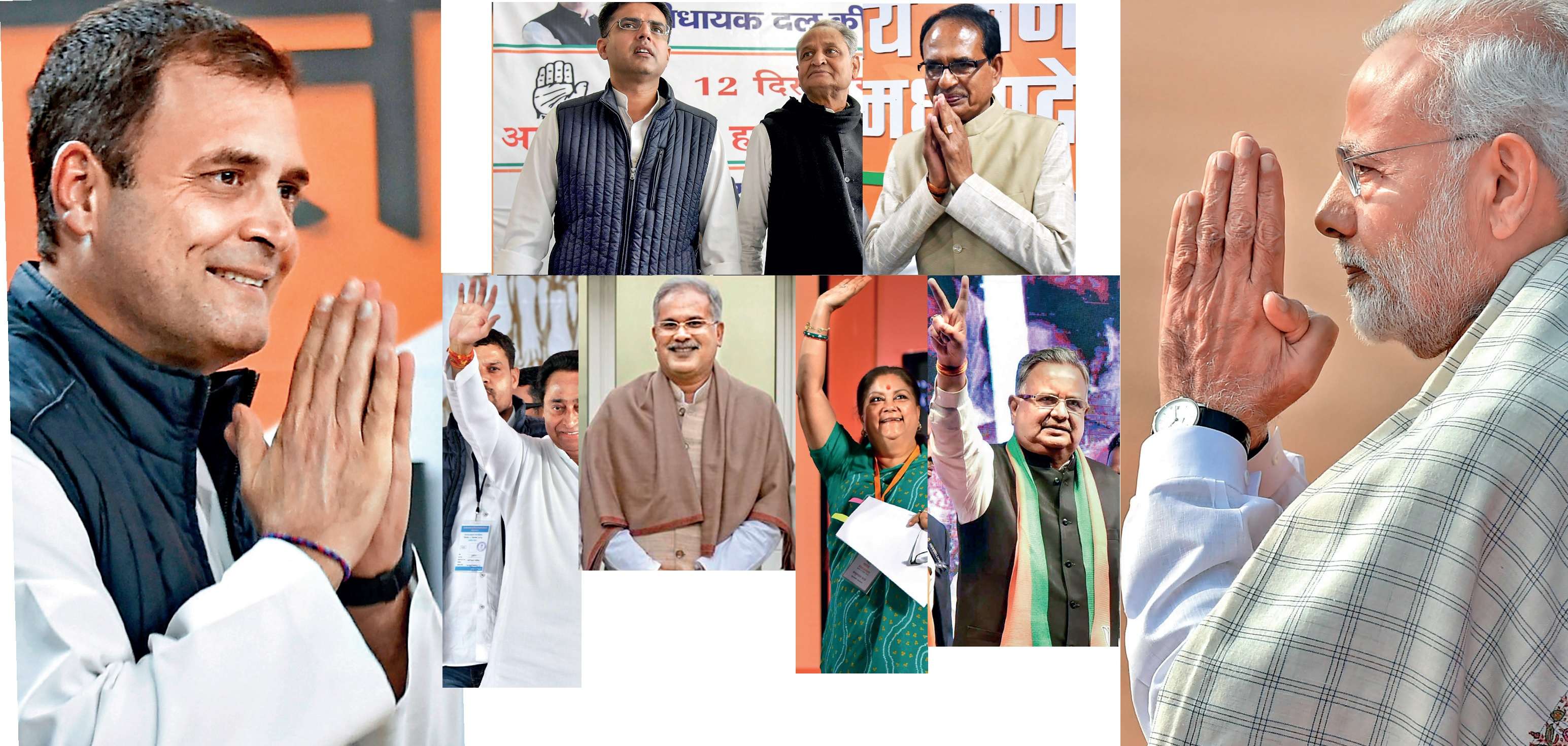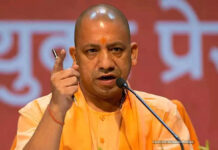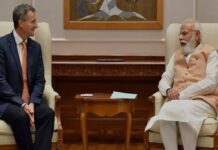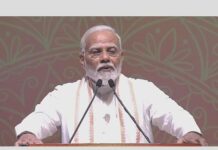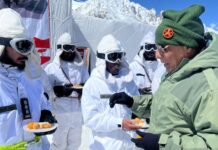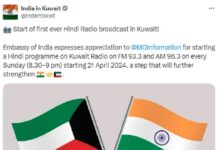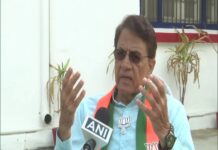AROONIM BHUYAN
The world’s largest festival of democracy is underway and around 900 million voters are in the process of exercising their franchise to elect members to the 543 seats of the next Lok Sabha, the lower house of the Indian parliament.
Given the sheer size and terrain of the country and the number of voters, the 2019 general elections are being held over seven phases. There are other reasons too for breaking the polls into phases like local festivals, Left wing extremism and general security conditions and ease of moving security personnel from one polling centre to another.
There are three key players in organising the elections – the Election Commission of India, the Home Ministry and the Central Reserve Police Force (CRPF). But the Election Commission remains the supreme authority.
This time around, the number of eligible voters – 900 million – roughly totals the population of the whole of Europe and Bangladesh combined.
Around 250,000 Central troops are being deployed to maintain security in one million polling booths spread over 3.3 million square kilometres. Around Rs 2 billion is being spent to move the troops around using 25 helicopters, over 500 trains, 17,500 vehicles, hundreds of horses and mules and scores of boats and ships.
The seven-phase elections have been scheduled like this: in the first phase April 11, polling will be held in 20 states for 91 seats in the Lok Sabha; in the second phase April 18, polling will be in 13 states for 97 seats; in the third phase April 23, polling will be in 14 states for 115 seats; in the fourth phase April 29, polling will be in nine states for 71 seats; in the fifth phase May 6, polling will be in seven states for 51 seats; in the sixth phase May 12, polling will be in seven states 59 seats; and in the seventh phase May 19, polling will be in eight states for 59 seats.
The results will be declared May 23.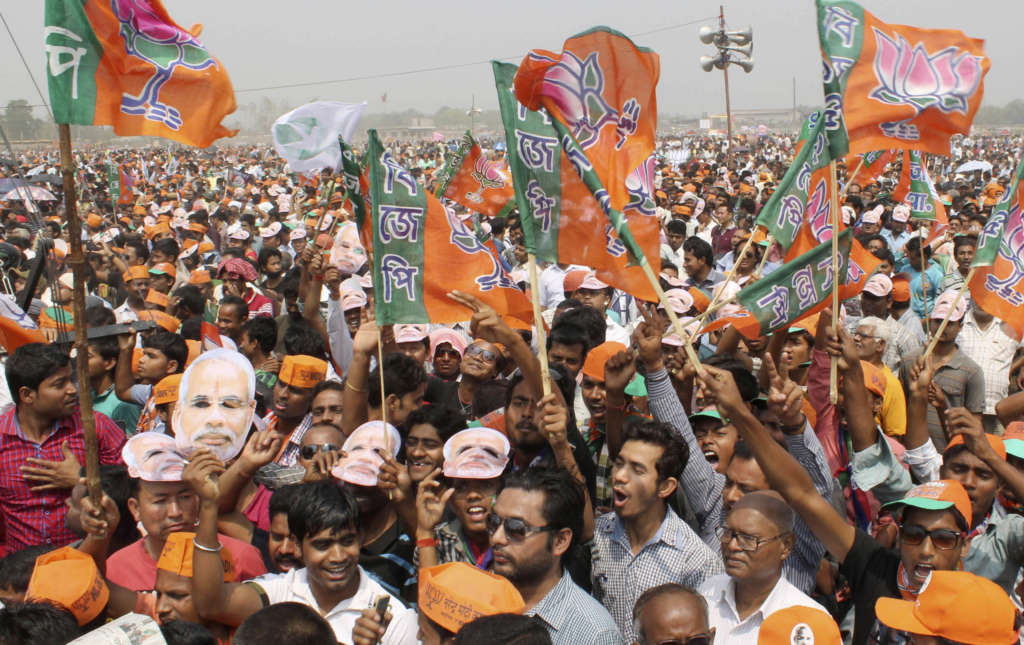
Organising the elections itself is an enormous exercise. It starts with the Election Commission deciding the dates on which polling can be held. Many factors have to be considered before finalising the dates. One is festivals. Not only festivals that are celebrated nationally, but regional festivals have to be taken into consideration as well. For example, in Assam in the Northeast, polling cannot be held around April 14-15 because of the state’s biggest festival Bohag Bihu. In the Christian-majority hill states of the Northeast, polling cannot be held on a Sunday as people go to churches on Sundays. Similarly, in Kerala, polling cannot be held on a Friday because Muslims go to mosques on Fridays.
Examination schedules and weather patterns are mong other factors taken into consideration. For example, in the Northeast, because of the early onset of monsoon, the polling process should be over by the end of April.
Once the Election Commission gives the dates, the Home Ministry and the CRPF get together to plan troop movement. Efforts will be on to keep troop movement at minimum with the use of least resources. Extra efforts are needed in places with security problems like Chattisgarh, the Northeast and Jammu and Kashmir. Then there are also places with difficult terrain or geographical distance which cannot be reached easily by polling officials and security forces. For example, in mountainous Arunachal Pradesh in the Northeast, there are booths that can be reached only after days of trekking. For Andaman and Nicobar Islands in the Bay of Bengal, troops from Tamil Nadu and Kolkata have to travel by ships for several days to be deployed there.
Then there is the issue of arranging logistics like food and accommodation for the troops. Usually, the state governments provide the accommodation. For food, the CRPF has tied up with Indian Railway Catering and Tourism Corporation (IRCTC) to provide food to troops moving in trains. In Left wing extremism-hit Chattisgarh, roads too have to be secured. There are force coordinators and state police coordinators to arrange for the logistics and movement of troops.
Polling booths need to be managed at the micro level and the number of personnel required for this can range anywhere from five to 100.
These are among the major arrangements that need to be put into place before polling for the Lok Sabha elections can be held.

